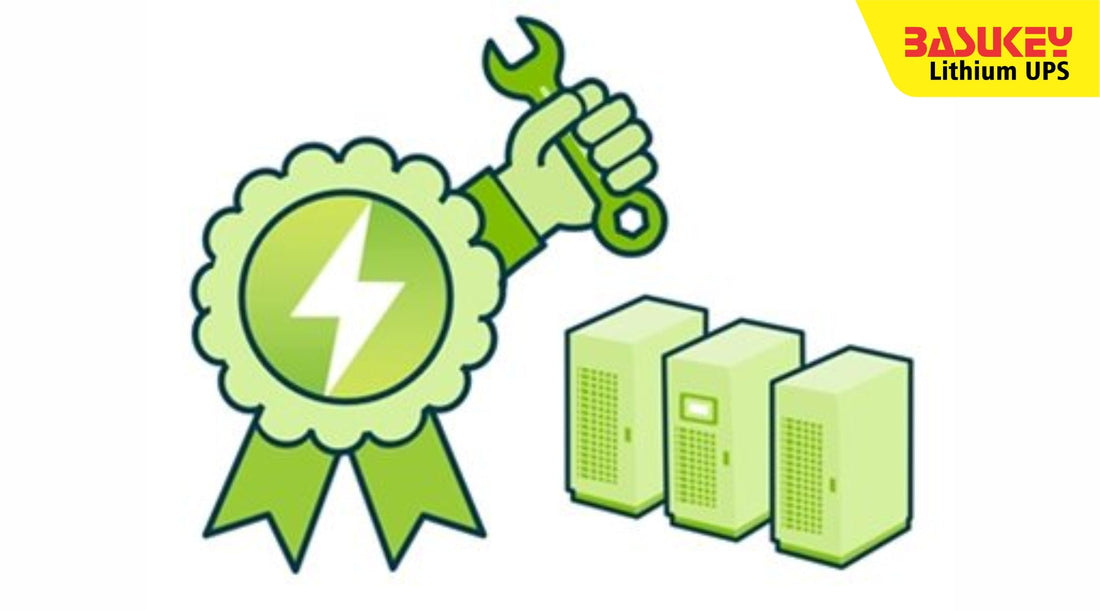
Choosing UPS Batteries: The Smart Move for Power Security
Share
When it comes to ensuring uninterrupted power supply for critical systems, choosing the right UPS batteries is crucial. But with so many options available in the market, how can you make an informed decision?
Understanding Your Power Needs
The first step in choosing UPS batteries is to assess your power requirements. Calculate the total power consumption of the devices you need to protect and determine how long you need the UPS to provide backup power. This will help you determine the capacity and runtime needed for your UPS batteries.
Quality Matters
Investing in high-quality UPS batteries is essential for reliable power security. Opt for batteries from reputable manufacturers that offer proven performance and durability. Quality batteries may cost more initially, but they will provide better long-term value and reliability.
Consider Battery Chemistry
UPS batteries are available in different chemistries, such as lead-acid and lithium-ion. Each type has its own advantages and limitations. Lead-acid batteries are cost-effective and reliable, while lithium-ion batteries offer higher energy density and longer lifespan. Consider your specific needs and budget when choosing the right battery chemistry.
Look for Maintenance Features
Some UPS batteries come with advanced features that make maintenance easier, such as hot-swappable batteries and battery management systems. These features can help you monitor the health of your batteries and replace them without disrupting power to your devices.
Plan for Scalability
As your power needs grow, you may need to expand your UPS system. When choosing UPS batteries, consider the scalability of the system. Opt for batteries that can be easily added or replaced to accommodate future growth without requiring a complete overhaul of your power infrastructure.
Final Thoughts
Choosing the right UPS batteries is a smart investment in power security. By understanding your power needs, opting for quality batteries, considering battery chemistry, looking for maintenance features, and planning for scalability, you can ensure reliable backup power for your critical systems.
